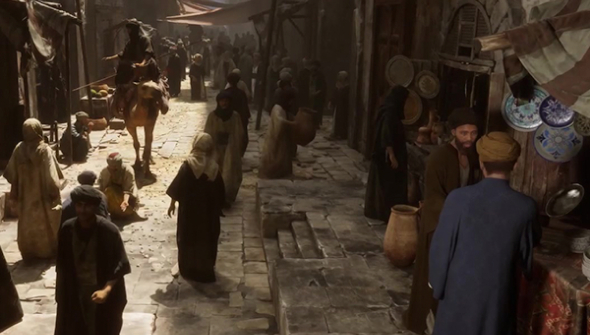
This course traces the evolution and application of the scientific method emphasizing the synergy between mathematical and scientific reasoning. Beginning with Al-Khwarizmi, whose work in algebra and algorithms laid the foundation for systematic inquiry, the course progresses to Viete's "Introduction to the Analytic Art," showcasing the advancement of modern mathematical techniques. Descartes'"Discourse on Method" and "Geometry" extend the connection between reasoning and scientific investigation. Francis Bacon's "Novum Organum" shifts the focus to empirical research and inductive reasoning, formalizing the scientific method as a tool for discovery. Works of Harvey and Linneaus are also examined. This course offers students a deep understanding of how the scientific method has been developed and applied across disciplines, shaping the trajectory of human knowledge and understanding.
Cord Whitaker - Wellesley College
Edward "Ned" Hall - Harvard University
Keith Devlin - Stanford University
Mario Livio - Israeli Institute of Technology, Israel
Riccardo Strobino - Tufts University
Al-Khwarizmi: Selections
Viete: Introduction to the Analytic Art
Descartes: Discourse on Method, Geometry
Bacon: Novum Organum
Gilbert: De Magnete
Harvey: On the Motion of the Heart and Blood in Animals
Linnaeus: Systema Naturae
Riccardo Strobino, Tufts University